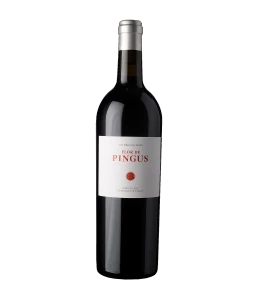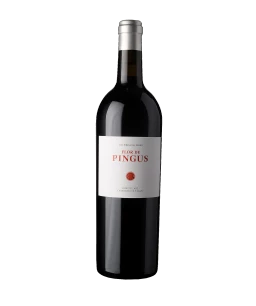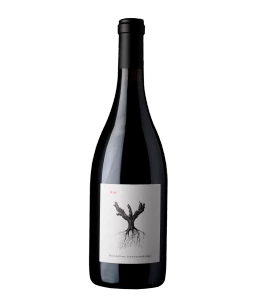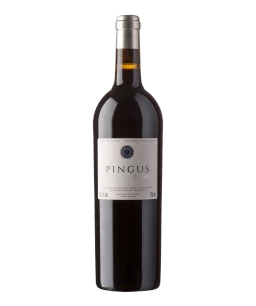Dominio de Pingus
The first Pingus was bottled in 1995. This limited production wine from Ribera del Duero made history with a legendary rating from Robert Parker Junior (1998): "One of the greatest young red wines I have ever tasted." The vintage is also at the centre of a somewhat mythical-sounding story – the freighter carrying a quarter of the limited production sank off the Azores, with the wine ending up in Davy Jones's locker at the bottom of the sea.
Peter Sisseck, alias Pingus
Peter Sisseck, alias Pingus, was born in Copenhagen in 1962. His uncle, oenologist Peter Vinding-Diers who managed Château Rahoul in Bordeaux, awakened Peter's interest in wine at an early age. The 21-year-old subsequently learned winemaking from him.
Red wines from Dominio de Pingus
from Dominio de Pingus
He stayed in Bordeaux for one and a half years, then returned to Denmark, studied agriculture and became an agricultural engineer. However, wine was to remain his central interest. He applied to Ridge, but before he could leave for California he was in 1990 offered the job of building up the Hacienda Monasterio winery in Ribera del Duero. Peter arrived from Bordeaux with a huge amount of surplus energy, carrying with him the manifesto of his friends, the 'Garagists' of the Right Bank of the Gironde estuary, which advocates the importance of getting back to basics, to the noble pursuit of creating liquid art in a natural way. During this time Peter became captivated by the old vineyards of the La Horra region. With this fascination a new era began, during which he defined his vision of creating a wine there that would, in time, be welcomed into the circle of the grands crus and could last for generations.
The cellar
The small winery of Dominio de Pingus is located on the banks of the river Duero in the province of Valladolid. Within its whitewashed walls there is a hidden cellar, discovered in 1830, which reflects the monastic grandeur of the Cistercian period (12th century). It is said to be one of the oldest cellars in the region, and Peter was determined to produce the finest wines within its historic walls.
Trying to design and create a "lieu" in the hope that it would last for centuries to come requires a clear and effective strategy. In retrospect it was not an easy journey, but thanks to his passion and tireless determination Peter's dream of establishing his winery in this sleepy little village was realised with the completion of the project in 2004.
In the winery under the cathedral-like ceiling, the 16 modern stainless steel fermentation tanks in which Flor de Pingus is produced face 5 Taransaud barrels, the cradle of Pingus. The production is limited by the capacity of the available area and is sure to remain small, because Dominio de Pingus has no intention of growing beyond its current size.
The vineyards
In the Pingus vineyards the biodynamic philosophy was the only possible direction to take. Respect had to be shown for the gnarled old Tinta del País (Tempranillo) vines planted in 1929 on the 4.2 hectare Barroso and San Cristobal plots. Peter is convinced that the purity of the grapes can best be preserved by staying true to traditional viticulture. "With our strong awareness of root welfare and biodiversity, we are protecting the future growth of the Pingus terroir." And this firm belief, he hopes, will carry the essence of these precious vines into the next century.
The two complementary Pingus vineyards are located on the rolling hills of La Horra, between 800 and 837 metres above sea level. The first, Barroso, is formed from old gravel and sand layers over calcareous soils from the Duero. San Cristobal, the second vineyard, is 200 metres away and lies on clayey slopes with a south-west exposure.
Flor de Pingus owes the balance of its character to 16 different plots which are blended together and are made up of young and older vineyards scattered throughout the La Horra region. Some of these plots (14 hectares) are owned by the winery, others (6 hectares) are cultivated by outside wine growers and are closely monitored. All vineyards are farmed sustainably and organically.
Bodegas y Viñedos Arnaldo
In 2007 Peter Sisseck launched the PSI project with the aim of preserving the region's old vineyards. More than 400 wine growers with tiny plots and ancient vines are involved in this unique project. Peter offers them advice and help, and buys their grapes for PSI. This wine is matured predominantly in used barrels, enabling it to express the full potential and typical character of this unique region. Not only the name (both Peter Sisseck's initials and the Greek letter Psi), but also the style of the wine bear the unmistakable signature of the master: full of body and at the same time perfectly balanced - a wine of extraordinary structure and complexity, as ambiguous and profound as the character Psi Ψ. And at the same time it is intended to be an affordable wine for the wine lover, a wine for every day enjoyment.
Producer
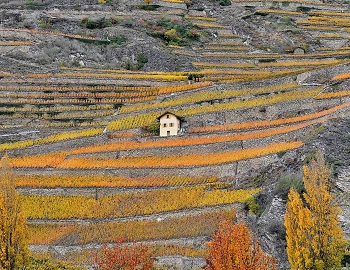
Domaine Cornulus
What started out from humble beginnings over 20 years ago is now one of Valais’ flagship wineries and the byword for both a way of working in harmony with nature and premium wines, all of which strongly bring out their individual terroir.
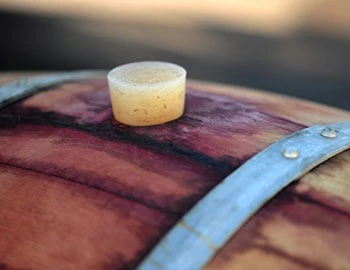
Kangarilla Road / Helen u. Kevin O'Brien
Read more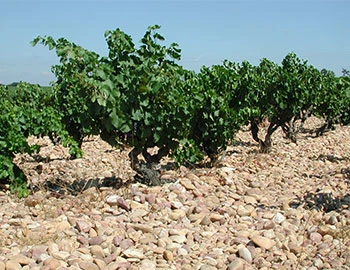
Domaine des Pères de l'Eglise
In 1933, the winegrowers and wine merchants of Châteauneuf-du-Pape were the first to impose quality rules relating to the cultivation and production of wines that would bear the name Châteauneuf-du-Pape. The geographic definition of the cultivation area, along with the other regulations, is still in force today, in order to guarantee the wine quality for connoisseurs. The Gradassi family of the Domaine des Pères de l’Église is following the tradition, but with the fresh impetus provided by the young fourth generation.

